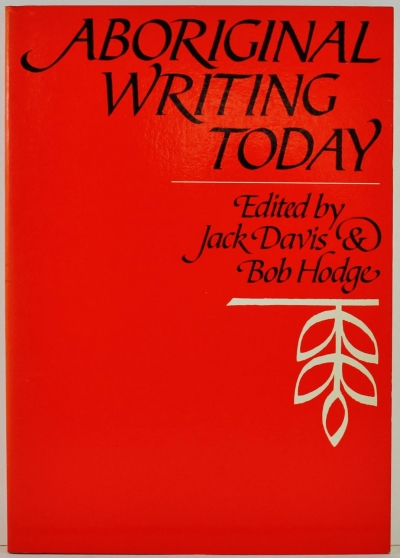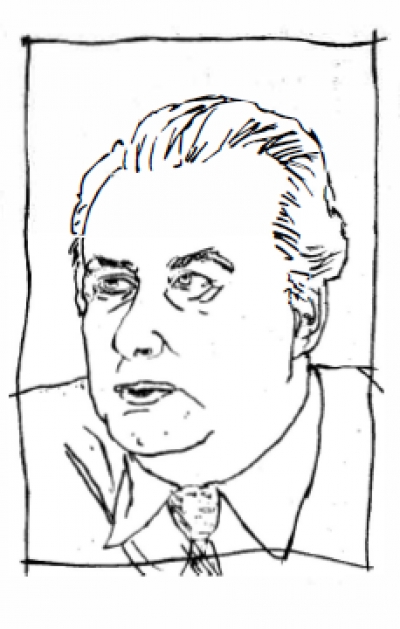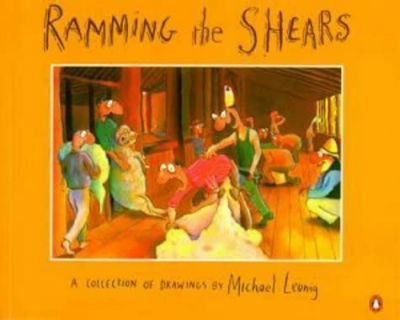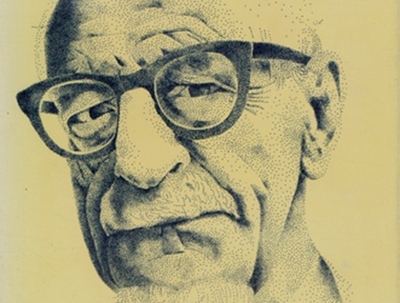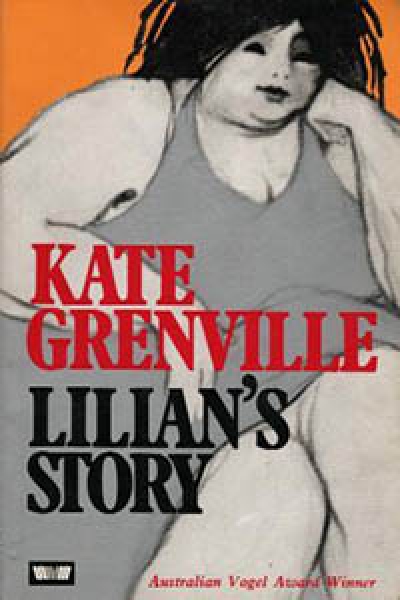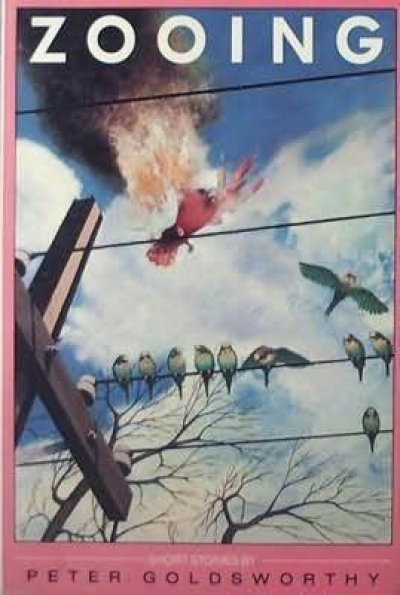Archive
Aboriginal Writing Today edited by Jack Davis and Bob Hodge
The Whitlam Government 1972–1975 by E.G. Whitlam
Chris Wallace-Crabbe reviews 'Poems for an Exhibition' by R.H. Morrison, 'Outer Charting' by Hal Colebatch, and 'The Flower Industry' by Andrew Sant
The three books under review here promote no generalisation about the condition of poetry, the health of the beast, unless they call to mind the difference between poems which are interesting from line to line and those which somehow resonate as wholes. R.H. Morrison, the eldest of the three poets, is the one who most often produces whole poems, at least to my ear.
... (read more)The Typewriter Considered As Bee-trap by Martin Johnston & Fast Forward by Peter Porter
Lines Of Flight by Marion Campbell & Postcards from Surfers by Helen Garner
Arthur Phillips, who died last month at the age of eighty-five, was one of the major figures of the democratic nationalist tradition in modern Australian literary criticism; and his collection of essays, The Australian Tradition (1958; second edition 1966) epitomises the strength of this school. These essays are marked by the perception of the reading behind them, the clarity of the writing in them, and, the enthusiasm for his subject which shows throughout them.
... (read more)
